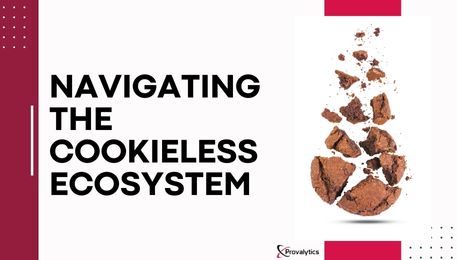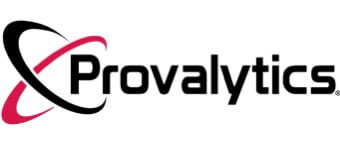Navigating the Cookieless Ecosystem
The marketing environment is fast shifting toward a cookie-free world, and traditional advertising channels such as print and out-of-home face new hurdles. Let’s look at the future of cookieless marketing and how marketers may adapt to this shifting landscape.
There are numerous approaches for determining marketing effectiveness. Tactical campaign-level analysis is concerned with specific campaign results, whereas attribution analysis is concerned with sequencing customized data to find conversion paths across different channels. Marketing Mix modeling uses aggregate data to create complicated regression models that identify the components that have the highest association to desired outcomes.
🚀 Yes, I Want The 2024 Playbook!

The Importance of Privacy-Friendly Analysis
The shift to a cookieless ecosystem is being pushed by increased privacy regulations aimed at preventing the exploitation of customer data. Data abuse incidents, such as the exploitation of race data to disenfranchise voters and the Cambridge Analytica affair, have destroyed consumer trust. Stricter privacy rules, such as GDPR in the EU, CPRA in California, and PL law in China, underline the importance of marketers using data responsibly.
In this sense, cookieless marketing refers to marketers losing access to and use of personal data as a result of customer distrust. Privacy-preserving analysis approaches are now required. Marketing mix modeling is one such tool, which enables marketers to understand the efficiency of various marketing initiatives without relying on personally identifiable information.
Adapting to a Privacy-Focused Future
Marketers can combine non-digital channels such as print, out-of-home, television, radio, and word-of-mouth with privacy-friendly analysis. Unusual techniques, such as flying a blimp or a plane with banners, can also be measured. Marketers may monitor the impact of these activities and make data-driven decisions while protecting user privacy by employing sophisticated tools and well-designed regression models.
Implementing privacy-friendly analysis necessitates the use of software packages created particularly for this purpose. Experimenting with several open-source choices can be advantageous, albeit dependability may vary. For accurate analysis, at least two years of thorough data must be collected. Furthermore, proficiency with the program and expertise in data categorization are critical for successful implementation.
The importance of early adoption and stakeholder familiarity with privacy-friendly assessment tools cannot be overstated. As data availability becomes more limited as a result of legislative changes and the phase-out of third-party cookies, marketers must adapt and rely on these models to generate useful insights. Failure to do so may endanger businesses, income, and careers.
The cookieless environment is a reality motivated by the need to safeguard customer privacy. Marketers must change their focus to data-driven analysis tools that respect privacy, such as marketing mix modeling. Marketers can acquire important insights into campaign efficacy while protecting user privacy by employing extensive data and sophisticated tools. Navigating this new landscape is critical for the long-term profitability and sustainability of marketing operations in an ever-changing digital world.
Why is the marketing landscape shifting towards a cookieless ecosystem?
The marketing landscape is shifting towards a cookieless ecosystem due to increasing privacy restrictions and concerns. Instances of data abuse and the misuse of customer information have eroded consumer trust, leading to stricter privacy regulations. Marketers need to adapt to this shift to protect user privacy and comply with privacy laws.
What is marketing mix modeling, and how can it help in a cookieless ecosystem?
Marketing mix modeling is a powerful technique that allows marketers to measure the effectiveness of various marketing activities without relying on personal data. It enables the incorporation of non-digital channels, such as print, out-of-home, television, radio, and word-of-mouth, in the analysis. By leveraging comprehensive data and sophisticated software, marketers can gain insights into the impact of different tactics and make data-driven decisions.
What are the challenges of implementing privacy-friendly analysis techniques?
Implementing privacy-friendly analysis techniques requires the use of specialized software packages designed for this purpose. Finding reliable open-source options may be challenging, and expertise in data categorization and proficiency in using the software are crucial for successful implementation. Additionally, gathering a sufficient amount of comprehensive data for accurate analysis is essential.
How can marketers adapt to a privacy-focused future?
Marketers can adapt to a privacy-focused future by embracing privacy-friendly models and measurement systems. Early adoption of these systems and familiarizing stakeholders with privacy-friendly analysis techniques is crucial. By proactively transitioning to privacy-focused approaches, marketers can ensure they can produce meaningful insights even as data availability becomes more restricted, safeguarding their companies, revenues, and careers in the process.

